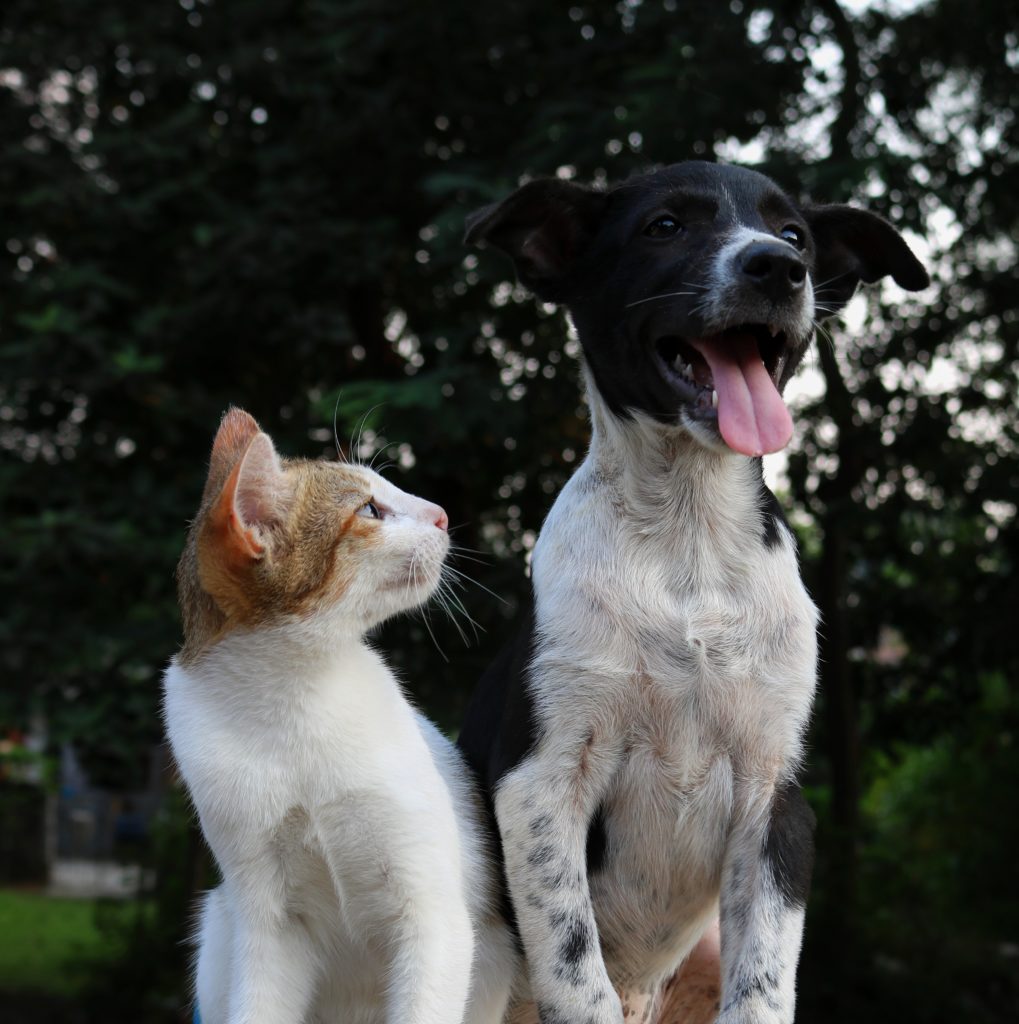The City of Cape Town has once again generously allocated funding for a focused mass animal sterilisation campaign following the success of 2018’s outreach.
The mass sterilisation will take place on World Cat Day, August 8, and will be conducted for free in the Wallacedene and Bloekombos areas by members of the Cape Animal Welfare Forum as well as participating veterinarians. The purpose of the day is to prevent the uncontrolled breeding of domestic animals living in disadvantaged communities.
Along with free sterilisations, animals will be given rabies vaccinations and participating NGOs will be supplementing the above with vaccinations for dreaded diseases at their own expense.
Several animal welfare groups are involved, namely the Cape of Good Hope SPCA, Animal Rescue Organisation (ARO), Animal Welfare Society, EnviroVet CVC, Animal Anti-cruelty League (AACL), and People’s Dispensary for Sick Animals (PDSA).
The SPCA will embark on an extensive education drive in the area raising awareness about the importance of sterilisation and teaching children the basics of pet care while encouraging compassionate hearts.
The City is making available R697 270 to sterilise 1 500 animals in Wallacedene and Bloekombos based on the recommendations of the participating animal welfare organisations.
The campaign’s launch on World Cat Day will highlight the prolific nature of cats. One unspayed female cat and her unspayed kittens can produce up to 420,000 kittens in just seven years.
This outweighs the number of homes available to these animals. Having to prevent the birth of unwanted kittens and puppies is a responsibility owed to the communities that rely on these services.
This will reduce the amount of unwanted animals that are subjected to suffering and neglect as a result. Sterilisation is of paramount importance to managing pet populations and ending the cycle of animal abuse and cruelty.
Other benefits of sterilisation include:
– Sterilised animals are healthier; they have reduced instances of cancers and infections of the genital tract and breast cancer).
– They are less likely to roam resulting in a lower accident rate.
– They are less likely to show sex-related behavioural issues, i.e. aggression, dominant behaviour, fighting and even spray-marking of territory
– Fewer euthanasias
– Reduced pressure on animal welfare services.
Image: Unsplash

